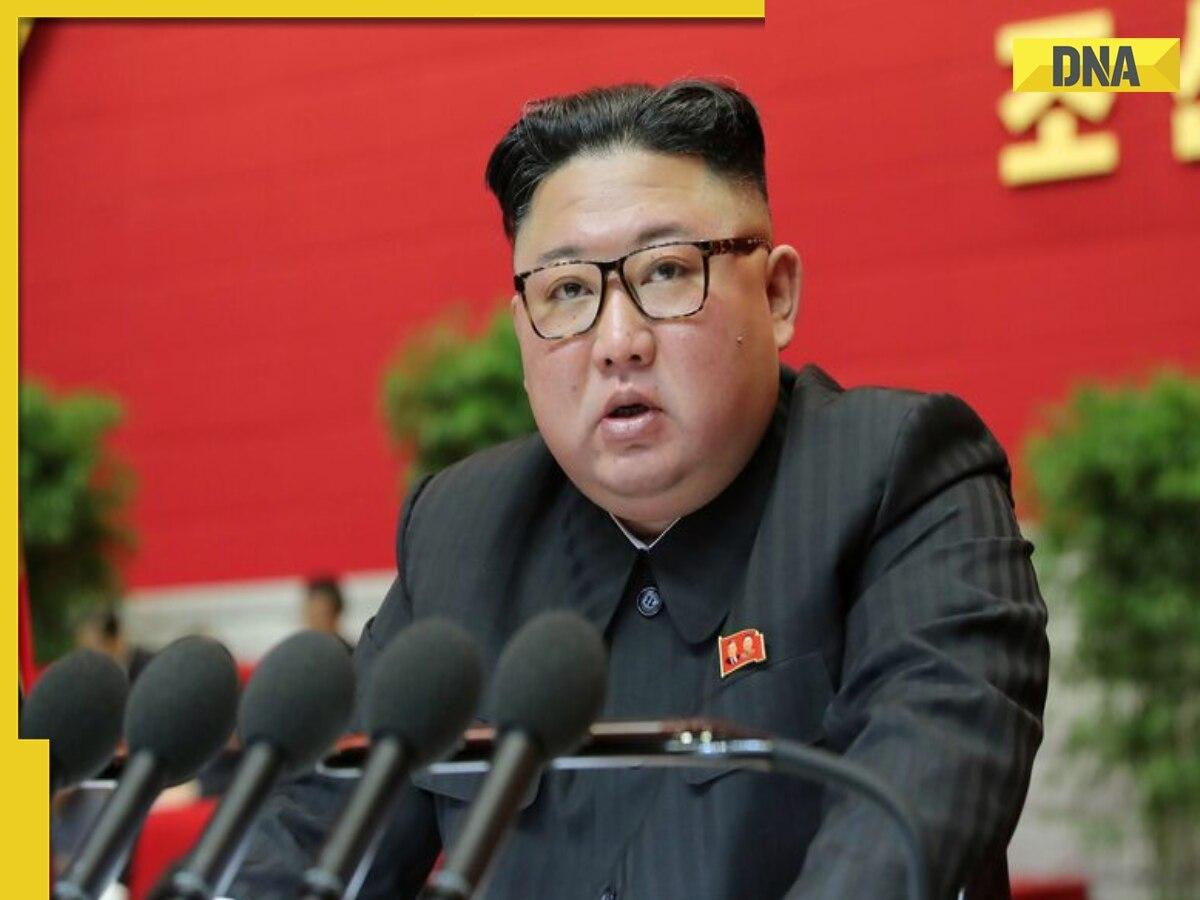
North Korea has executed a 22-year-old man for the alleged crime of listening to and distributing K-pop music, a stark illustration of the repressive measures the regime is adopting to shield its populace from external influences. This severe action is part of the ongoing hostility against foreign cultural penetration and can be linked to a broader strategy to curb the infiltration of outside information and ideas. The details of the man’s execution were disclosed in South Korea’s 2024 Report on North Korean Human Rights, which encompasses testimonies from 649 North Korean defectors.
The grim specifics include an account where the young man from South Hwanghae province was executed in public in 2022. Accusations against him included listening to 70 South Korean songs, watching three films, and disseminating these materials. This harrowing testimony sheds light on the extreme lengths the North Korean government is willing to go to suppress any cultural or ideological deviation from the state’s prescribed norms.
The ban on K-pop, which began under the regime of former leader Kim Jong Il, was instituted as a measure to shield the population from what was deemed the “malign influence” of Western culture. This prohibition has intensified under his successor and current leader, Kim Jong Un. In 2020, Kim Jong Un enacted a stringent law aimed at eradicating “reactionary ideology and culture,” as reported by the New York Post. This legislative move exhibits the regime’s amplified efforts to stave off the perceived threats posed by external cultural content.
However, North Korean authorities have categorically denied any acts of wrongdoing and have dismissed accusations of grave human rights violations as part of a conspiracy aimed at destabilizing their governance. This denial is consistent with the regime’s traditional stance, whereby any claim of human rights abuses is met with outright rejection and charged as a political maneuver by adversaries, primarily South Korea and the United States.
The 2024 Human Rights report goes on to detail some of the surveillance and censorship mechanisms employed by the North Korean government. For instance, mobile phones are subject to frequent checks to uncover South Korean influence. Inspectors scrutinize contact name spellings, expressions, and slang terms that might reveal an inclination towards South Korean popular culture.
.
The stringent laws against K-pop and other forms of external media are reflective of the heightened paranoia within the North Korean regime. These measures underscore the continuous efforts to eliminate foreign influence and maintain an iron grip on the flow of information within the country. This crackdown escalates not merely as an act of cultural purge but as a calculated political strategy to forestall dissent and any potential ideological contagion from seeping into the national consciousness.
From the testimonies compiled in the South Korean report, a vivid picture emerges of the stark and often brutal reality faced by North Korean citizens. The regime’s zero-tolerance policy towards foreign media and cultural products is evidenced not only through prohibitive laws but also through violent enforcement actions such as public executions. The level of control exerted over the North Korean populace extends to routine inspections of personal electronic devices, whereby even minor infractions or the slightest hint of foreign cultural exposure can result in severe punishment.
This particular case involving a 22-year-old man’s execution is demonstrative of a pattern observed under Kim Jong Un’s rule, wherein cultural and intellectual policing is relentlessly pursued. Public executions serve a dual purpose—eliminating the immediate ‘threat’ and instilling a deep-seated fear among the masses. The regime’s objective is clearly to deter any form of engagement with non-sanctioned cultural content, thereby ensuring that the population remains ideologically aligned and less likely to challenge the state’s narrative.
The South Korean report calls international attention to the dire human rights situation in North Korea, advocating for increased global awareness and action. International human rights organizations and several governments have repeatedly condemned the North Korean regime for its draconian practices and gross abuses. However, bringing about tangible change within one of the world’s most opaque and repressive states remains a formidable challenge.
As the international community grapples with how best to address these violations, the accounts from defectors serve as critical documentation of the harsh realities faced by North Koreans. The execution of the young man for K-pop related activities is not an isolated incident but rather emblematic of the broader, systemic repression that characterizes life under the North Korean regime.












